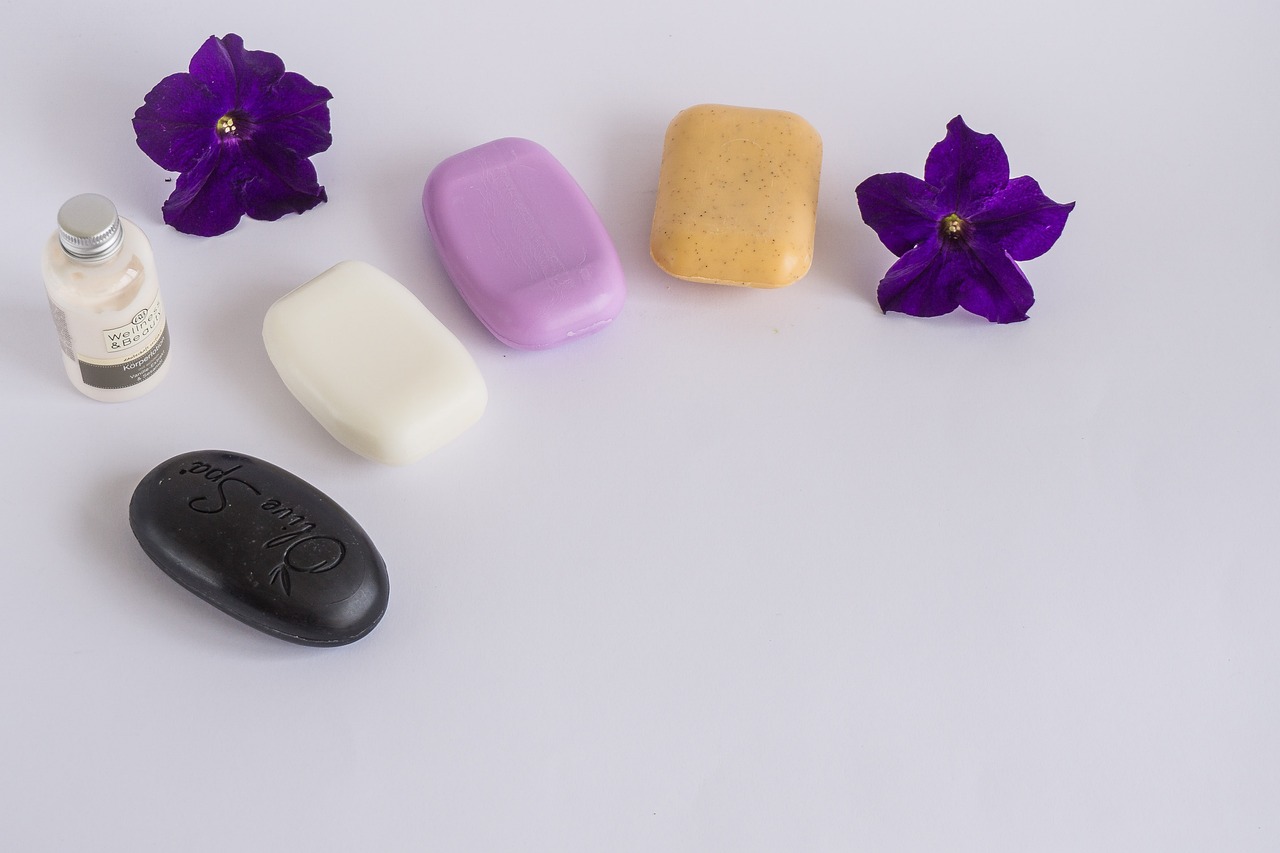Exploring the Health Benefits of Traditional Healing Approaches
Traditional healing approaches have been passed down through generations and have stood the test of time for their effectiveness in treating various ailments. These methods often focus on holistic healing, considering not only the physical symptoms but also the mental, emotional, and spiritual well-being of individuals. By integrating natural remedies, rituals, and traditional practices, these approaches aim to restore balance and harmony within the body.
One of the key benefits of traditional healing approaches is their emphasis on personalized care and individualized treatment plans. Practitioners of traditional healing take the time to understand each person’s unique needs and circumstances, tailoring their approach to address specific health concerns. This personalized approach often results in a deeper connection between the healer and the individual seeking treatment, fostering trust and a sense of empowerment in the healing process.
Traditional Healing Approaches vs Modern Medicine
Traditional healing approaches and modern medicine are two distinct systems of healing that have their own strengths and weaknesses. While modern medicine relies heavily on scientific evidence, technology, and pharmaceutical interventions to treat illnesses, traditional healing approaches often utilize natural remedies, spiritual practices, and holistic techniques to heal the body, mind, and spirit.
In terms of cultural roots and heritage, traditional healing approaches are deeply ingrained in various cultures and communities around the world, carrying with them centuries-old wisdom and practices passed down through generations. On the other hand, modern medicine is continually evolving with advancements in medical research, technology, and evidence-based practice, aiming to provide the most effective and efficient solutions to complex health issues.
Cultural Significance of Traditional Healing Approaches
Traditional healing approaches hold immense cultural significance in many societies around the world. These practices are deeply rooted in the history and traditions of various cultures, passed down through generations as a way to maintain health and wellbeing. The rituals and remedies associated with traditional healing approaches often symbolize connections to ancestral knowledge and spirituality, reinforcing the importance of honoring cultural heritage.
Moreover, traditional healing approaches play a vital role in fostering a sense of community and belonging within cultural groups. The practices are not just about treating physical ailments but also about addressing emotional and spiritual needs, promoting holistic well-being. Through traditional healing ceremonies and practices, individuals are reminded of their cultural identity and the values that bind them together as a community.
What are some benefits of traditional healing approaches?
Traditional healing approaches often focus on holistic wellness, incorporating physical, mental, emotional, and spiritual aspects of well-being. They also often prioritize natural remedies and treatments that have been passed down through generations.
How do traditional healing approaches compare to modern medicine?
Traditional healing approaches and modern medicine both have their strengths and weaknesses. While modern medicine often relies on scientific evidence and advanced technology, traditional healing approaches may offer a more holistic and culturally relevant approach to healing.
What is the cultural significance of traditional healing approaches?
Traditional healing approaches are deeply rooted in the cultural beliefs, practices, and values of specific communities. They often serve as a way to preserve cultural traditions and knowledge, and can play a significant role in maintaining cultural identity and heritage.







